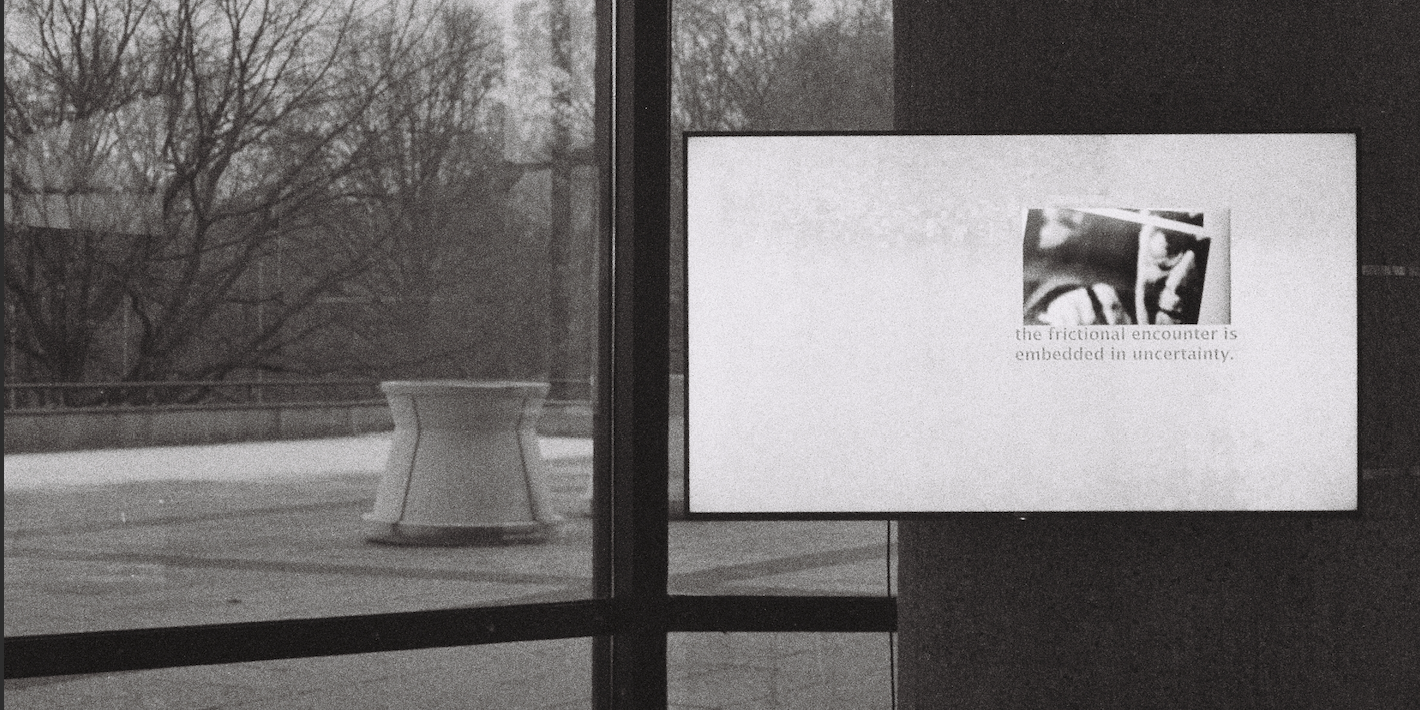VERSCHOBEN
Gespräch mit
Elisa Barth | Hourya Bentouhami | Onur Erdur
– – – AUFGRUND VON KRANKHEIT MUSS DIE VERANSTALTUNG LEIDER VERSCHOBEN WERDEN. – – –
Die Veranstaltung findet auf Englisch statt.
Across the world, reactionary forces indulge in supposedly liberal discourse for illiberal purposes, hijacking certain notions of freedom (of the sciences, of speech, of thought) to oppose what they consider socially destructive tendencies within the left. While a recently passed (and currently blocked) bill in Florida, for instance, is explicitly meant to ban discussions about race and gender from higher-education classrooms, in Germany a „network for the freedom of the sciences“ is lobbying against what they perceive as a woke cancel culture that threatens scientific objectivity. In France, the recent debate around so-called „islamo-gauchisme“ has seen a minister call for an investigation of the potentially „radical or militant ideas“ present in French universities, sparking what others in turn denounced as a „witch hunt“ against anti-racist, decolonial, indigenous, feminist, and queer thinkers.
Though in a sense anecdotal, the discussion around what kind of research the state can allow and support is very indicative of the current position of anti-racist and queer-feminist discussions in French universities more specifically. Despite – or because of – France’s long and ongoing history with colonialism and patriarchy, both academic and popular philosophy have remained particularly silent in these regards. Although numerous pioneering thinkers in these fields wrote and published in French, it is only recently that university departments have slowly begun to make space for philosophical work that explicitly addresses questions of colonialism, racism, sexism, and other interrelated forms of domination.
With Hourya Bentouhami, one among a number of younger voices that have joined this collective effort, we will talk about what it means to do this work of thinking in a largely hostile environment. Hourya is currently an Associate Professor of Philosophy at Université Toulouse Jean Jaurès, where she works on political philosophy and phenomenology, focussing on the sensorial dynamics of racialization and gender assignment and on forms of economic dispossession as well as on the ways of disobeying them to create new forms of seeing and feeling in a livable world.
